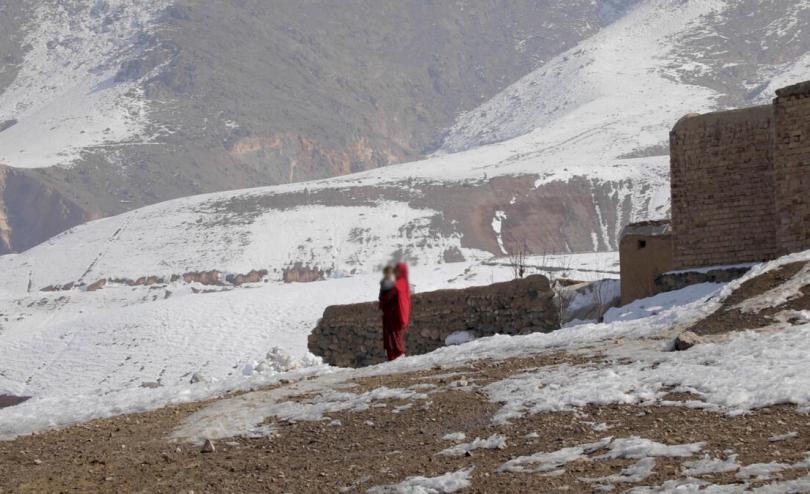Revealed: 10 million Afghan children need life-saving help

$1.3 billion more needed for humanitarian response
2,000 children killed or injured in nine months
New figures reveal that just over 18 million people in Afghanistan, including 9.7 million children, desperately need life-saving support. Save the Children and its partners are calling for urgent increases in humanitarian funding for Afghanistan.
According to the data, almost half of the country’s population needs some form of support.
With no immediate end in sight to the decades-long conflict, Save the Children's Country Director in Afghanistan Chris Nyamandi, said, "Millions of people are suffering every day because of poverty and conflict. It's especially hard on children, many of whom have known nothing but violence. According to the latest UN figures, nearly 6,000 people, a third of them children, were killed or injured between January and September last year.
“Conflict continues to cause extreme physical and psychological harm, forcing hundreds of thousands of people to flee their homes every year. The fighting will continue to fuel humanitarian needs this year. This will threaten people’s wellbeing and limit access to essential services like hospitals and clinics as well as humanitarian support.
"The schools are now closed because of harsh winter conditions and COVID-19 restrictions and they won't reopen until March. The impact of the COVID-19 pandemic is exacerbating the humanitarian crisis."
As Mr Nyamandi explains, the plight of the Afghan people is threatened by inadequate humanitarian funding pledged by wealthy nations at a Geneva-based conference last November.
"Aid to Afghanistan has dropped alarmingly at a time when humanitarian need is rising. We're now in the unsustainable position where aid falls far short of what's needed to meet the needs of the people.”
A ten-year-old child told Save the Children, “We fled to Rodat district, Nangarhar province, because of intense conflict. Life is difficult. My father, who is responsible for bringing us food, is sick. My brother and I are collecting garbage for the fire to cook. It has been a long time since we had proper food and clothes. My siblings and I always wish to have three meals in a day with some fruits, and a better life. But sometimes, we sleep with empty stomachs. During the winter we don’t have blankets and heating stuff to warm our house.”
COVID-19 in Afghanistan is having a disastrous impact on millions of vulnerable families.
In 2020, World Bank estimates revealed that the pandemic had hugely disrupted imports, including vital household items, which in turn have led to rapid inflation. The added health and economic strains of the pandemic will deepen the humanitarian impact across the country.
In response, Save the Children and its partners are calling for at least another $1.3 billion in humanitarian assistance to help the Afghan people in 2021. Without it, the humanitarian community will struggle to meet the growing needs of an entire generation of children whose lives have been blighted by conflict.
“Millions of people are suffering every day because of conflict, poverty and now the COVID-19 pandemic. It's a desperately bad situation that needs urgent attention from the international community," said Mr Nyamandi.
Notes to editor
Save the Children has been working in Afghanistan since 1976. Our programs help thousands of children get access to education and healthy food. We support health clinics and respond to humanitarian emergencies. And we work to help limit the impact of conflict on children.
For more information or interview requests, kindly reach out to:
Ian Woolverton: ian.woolverton@savethechildren.org; +44 7377 547 362
Faiz Jamil: faiz.jamil@savethechildren.org / +44 7542 596542
Out-of-hours (GMT) and weekend: Media@savethechildren.org.uk / +44 7831 650 409




